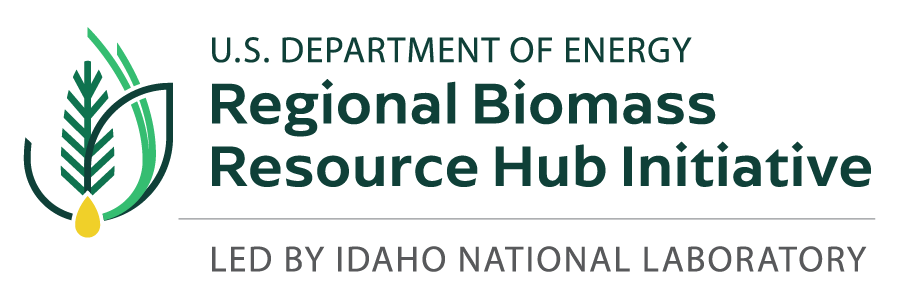Description
The BOTTLE™ consortium is at the forefront of impactful research and development aimed at revolutionizing recycling practices. Our mission encompasses the advancement of cutting-edge catalytic and biocatalytic recycling techniques, with a focus on breaking down current plastics into valuable chemical components for the production of higher-value products combined with biomass waste. Additionally, we are dedicated to engineering tomorrow’s plastics with recyclability as a fundamental attribute. The diverse capabilities of the BOTTLE Consortium encompass a wide spectrum of expertise, including process development and integration, chemical and biocatalysis, material science, separations, modeling, economic analysis, and life cycle assessment. Leveraging substantial investments from the U.S. Department of Energy (DOE), we engage in industrial-scale research and development to provide practical solutions for dismantling and upcycling existing plastics while concurrently designing innovative solutions for the plastics of the future. Our overarching objective is to collaborate with industry partners to address their most pressing challenges and drive meaningful progress towards a sustainable and circular plastics economy.
Capability Bounds
BOTTLE labs feature a range of equipment, from lab to pilot scale. Reactors spanning 250 mL to 25 L facilitate pretreatment, deconstruction, and polymerization. The Circular Chemistry Laboratory (CirCL) at NREL is tailored for scaling waste conversion tech, with five walk-in hoods for pre-pilot and pilot demonstrations.
Unique Aspects
In the BOTTLE consortium, we employ real waste feedstocks, tackling prevalent contaminations in post-consumer plastics. We’ve optimized industry engagement, focusing on collaborating with entire plastic supply chains of major companies.
Availability
BOTTLE capabilities are available to both the public and private sectors through the development of collaborative work scopes that utilize a variety of contractual mechanisms to meet the needs of the partners and funding agencies.
Benefit
BOTTLE Consortium partners can fund and shape research projects targeting their key circularity challenges, without membership fees. They gain priority access to exclusive licenses for project-developed inventions and tap into DOE funding to drive core scientific research, bolster IP, and advance subject inventions.
Capability Expert(s)
Gregg Beckham, Katrina Knauer
